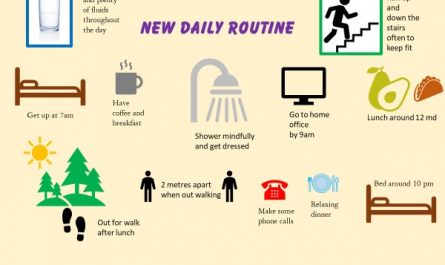Every year there is an International Stress Awareness Week and this year it is 1st -5th November 2021 and is one of the main events in the International Stress Management Association (ISMA) calendar.
The theme this year is ‘ Putting Health, Happiness and Wellbeing into the Heart of Business’
With stress one of the most common conditions experienced by people today, it is a major contributor to poor health, poor performance and to financial loss both to the individual and to business.
Raising awareness of stress including strategies to lessen the potential risk to individuals and organisations, and how to manage damaging stress once it occurs is essential. Aiming to keep a good balance in terms of work, play and lifestyle is what we should aspire to.
Research suggests that as technology improves, the nation is increasingly contactable 24 hours a day. Many do not switch off work phones/emails whilst on holiday and often look at emails even before or after the normal working day. It becomes essential to manage this technological change in a positive way, achieving a balance which is essential for good health, positive performance and psychological wellbeing and safety.
Solutions
There are numerous solutions available to help to manage this balancing act. Here are a few tips which are useful in having a good balance in your life.
- Find out what is causing you to feel under stress – do you have a good work/life balance? If not identify some areas you can improve it.
- Learn to say ‘no’ when you have too much to do and suggest leaving something to another day.
- Manage your time effectively – use a diary, planner, smart phone or outlook and plan well ahead of time where possible.
- Identify areas in your life you can control and the areas you cannot control, aim not to waste time on them.
- Eat healthily and monitor sugar, salt and fat intake. Have your 5 fruit and vegetables daily.
- Take time for yourself and be selfish even if it is for a short time each day or weekly. Diary it in so you don’t forget!
- Reduce the amount of alcohol and smoking or stop completely – they may be seen as a coping mechanism but they do have an impact on your health especially long-term.
- Turn negative thoughts to positive even in a small way which impacts on your outlook on life and your colleagues and family. Go from ‘I can’t manage this’ to ‘I will give it a go and see how I get on’.
- Take regular exercise such as using the stairs instead of the lift or getting off the bus one stop earlier. Makes you feel better due to the endorphins being released.
- Rest and relax – have a good night’s sleep and reduce technology such as smart phones, laptop or TV in the bedroom. Aim to go to bed the same time each night and get up the same time each morning so that you can get into a pattern.
More information and free downloads from www.isma.org.uk
Resilience training as well as stress risk, stress management training live virtually or as open courses. More details here




4 thoughts on “Prevent Stress and Improve Wellbeing”
Comments are closed.